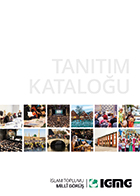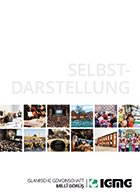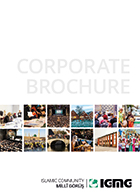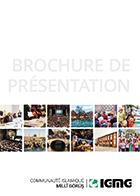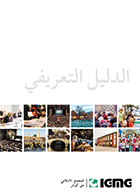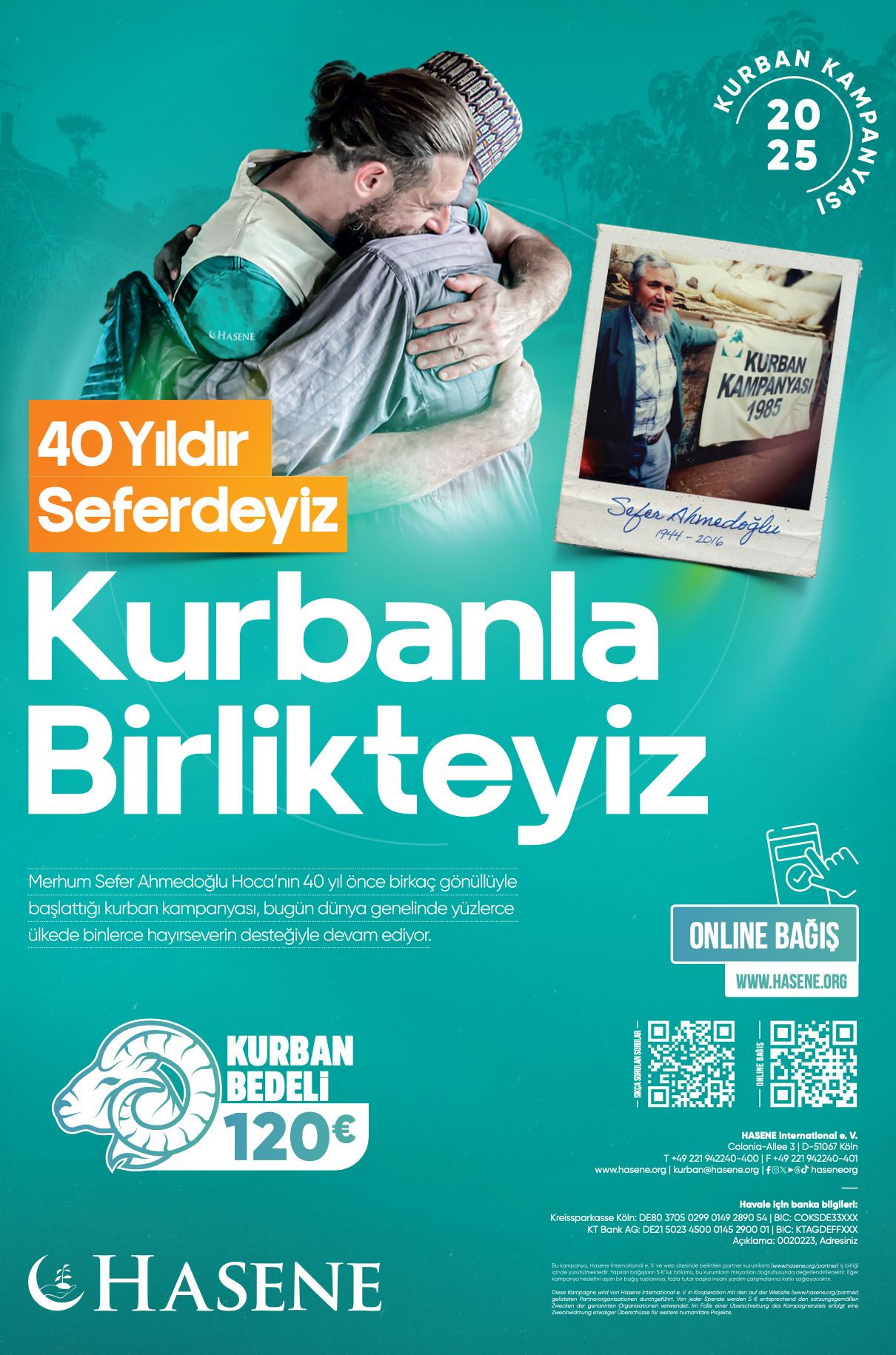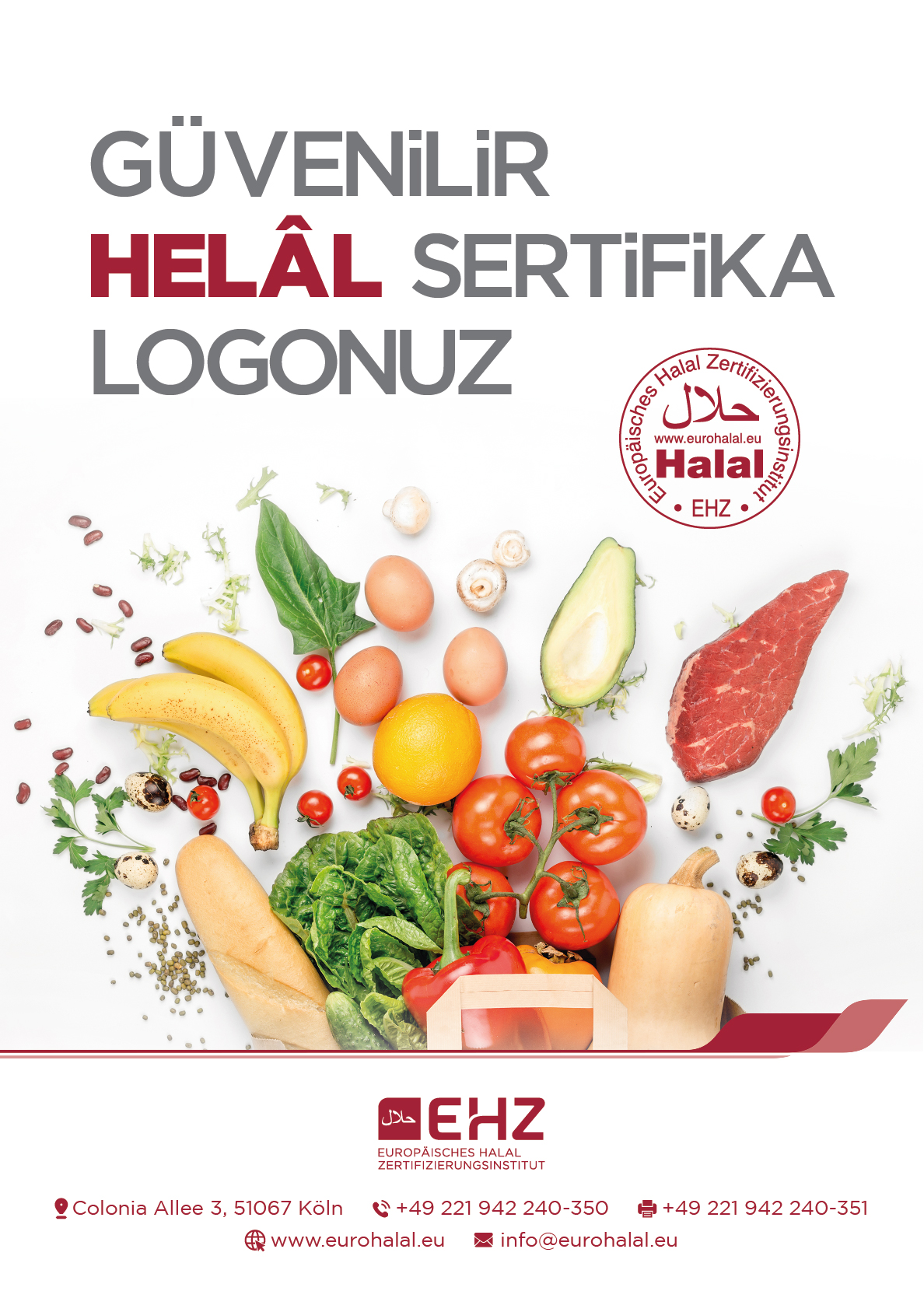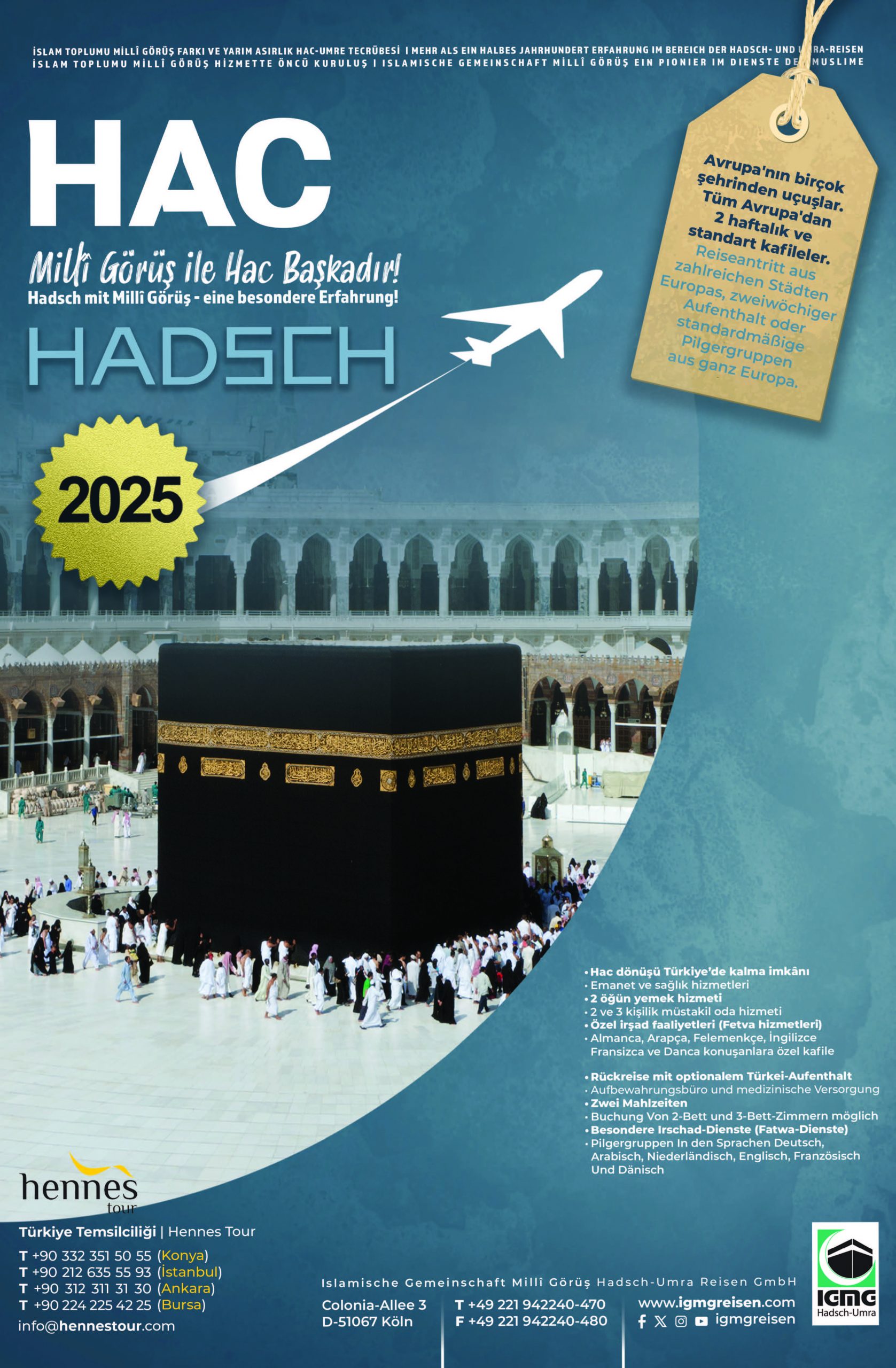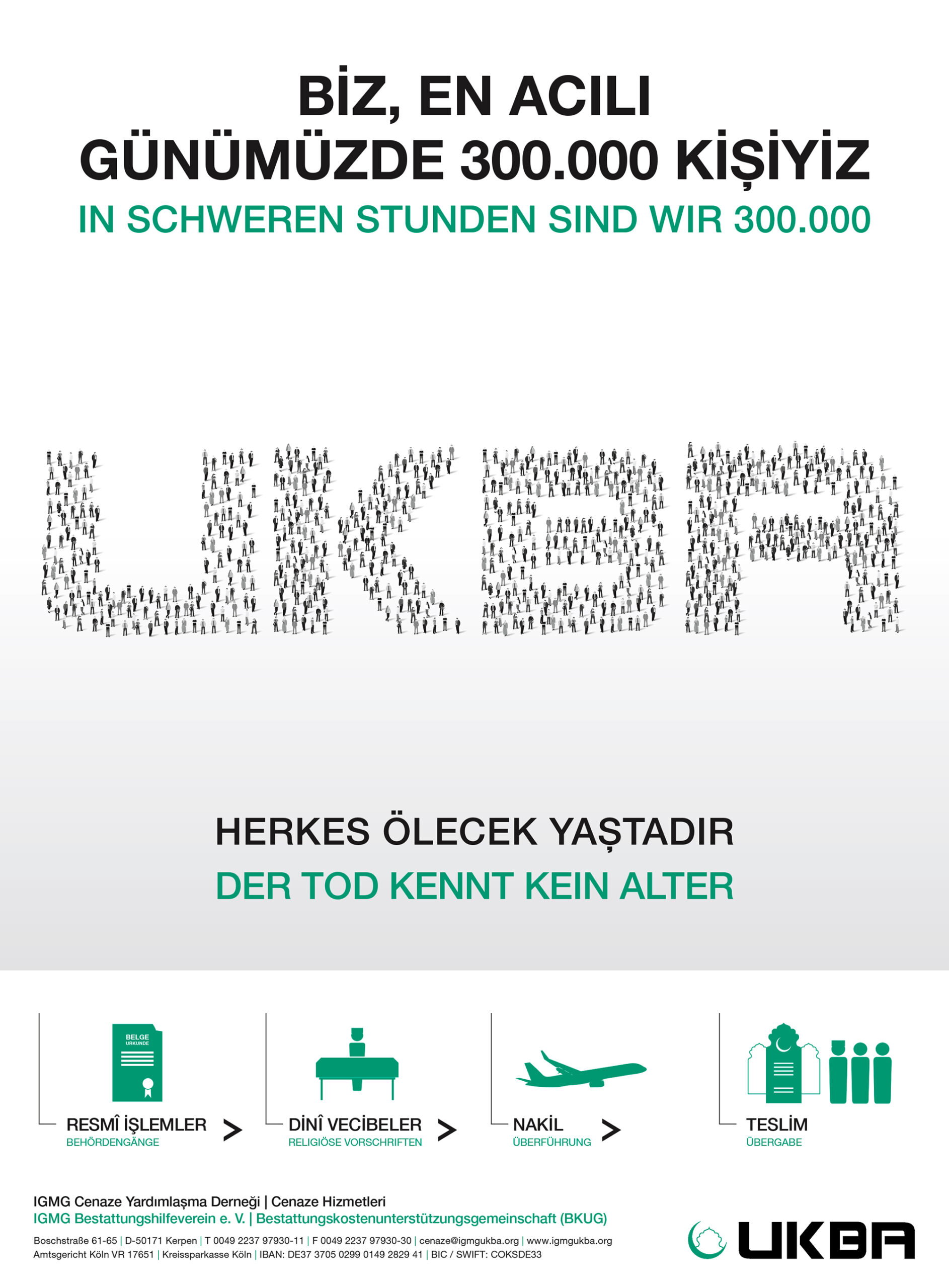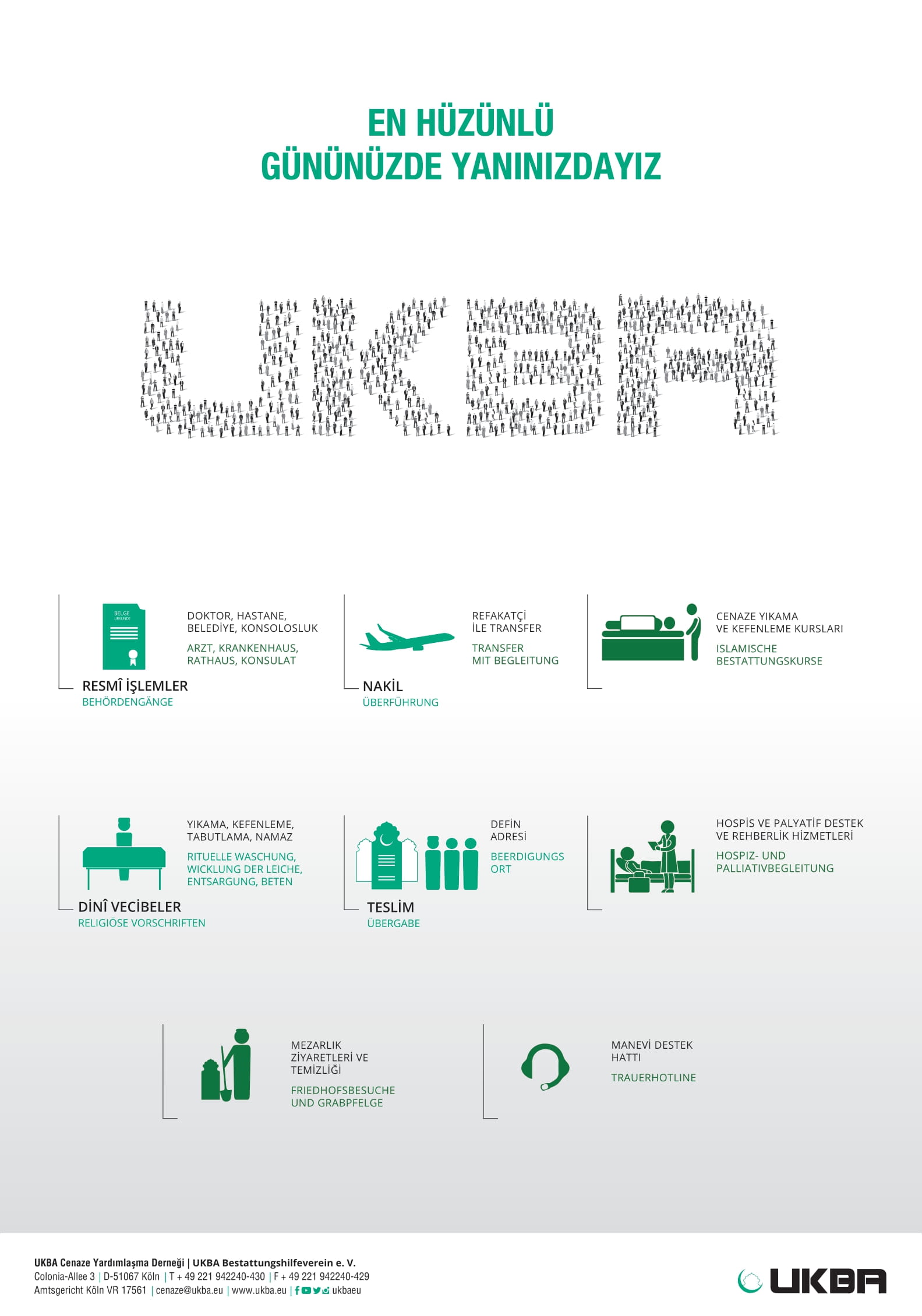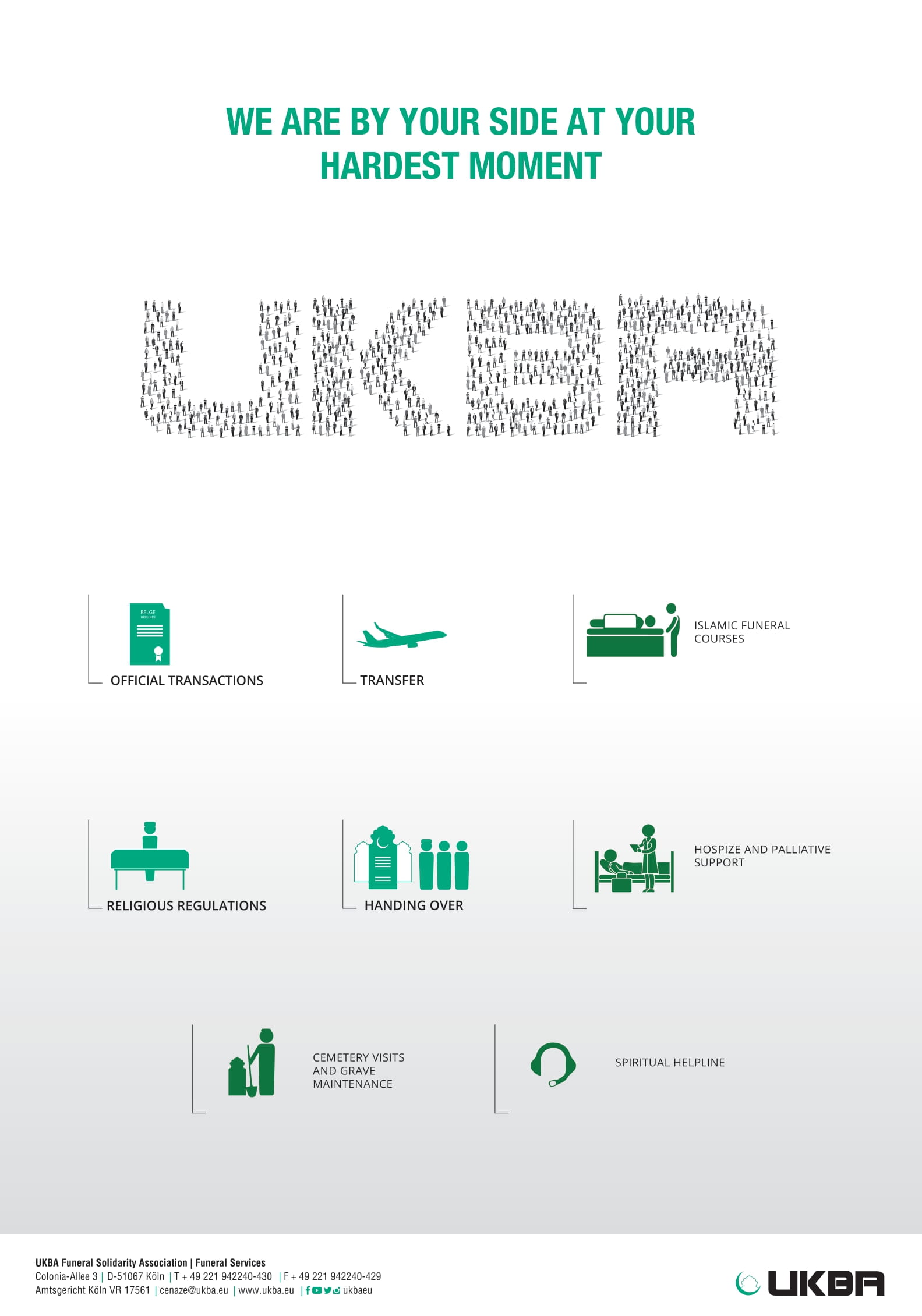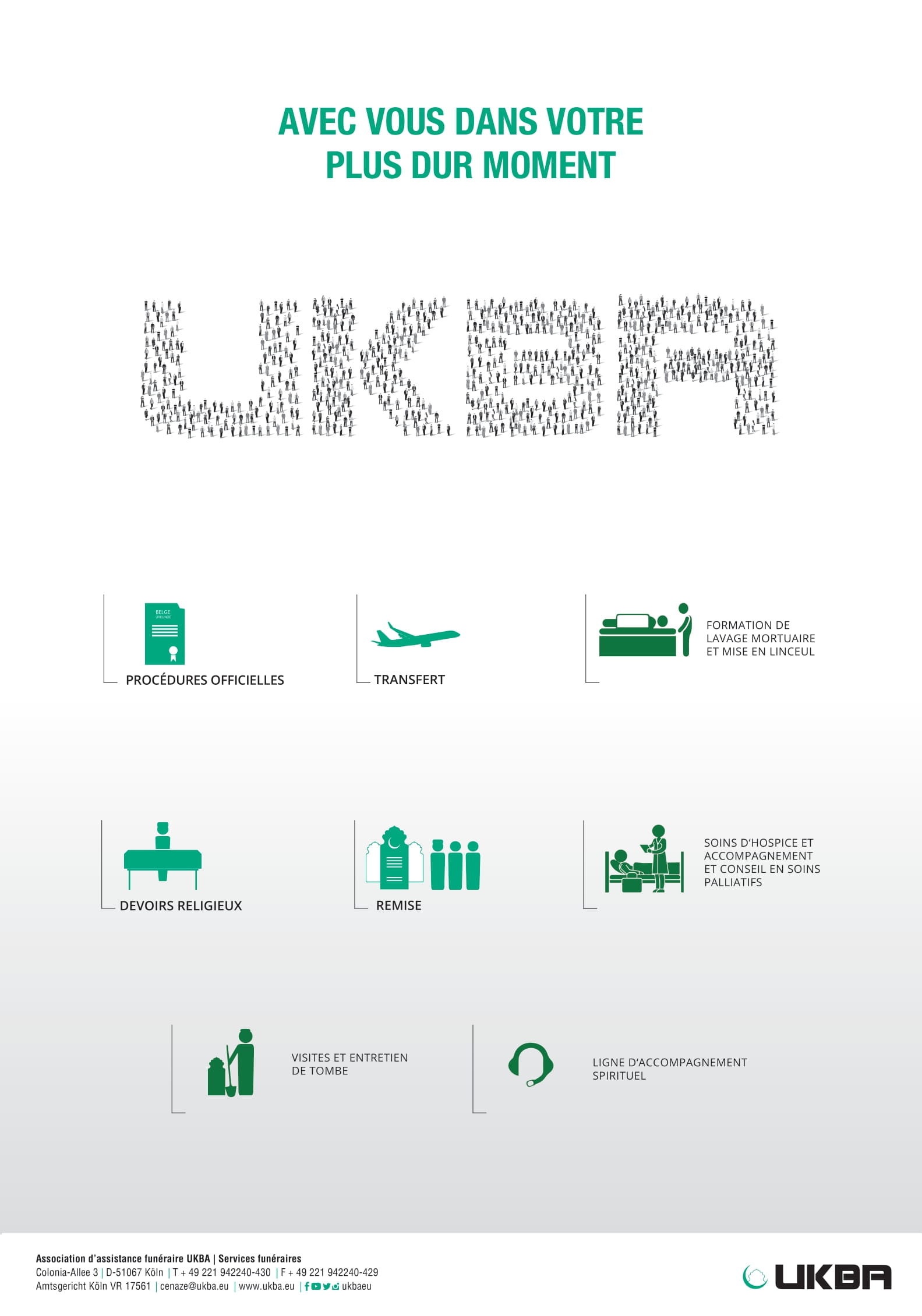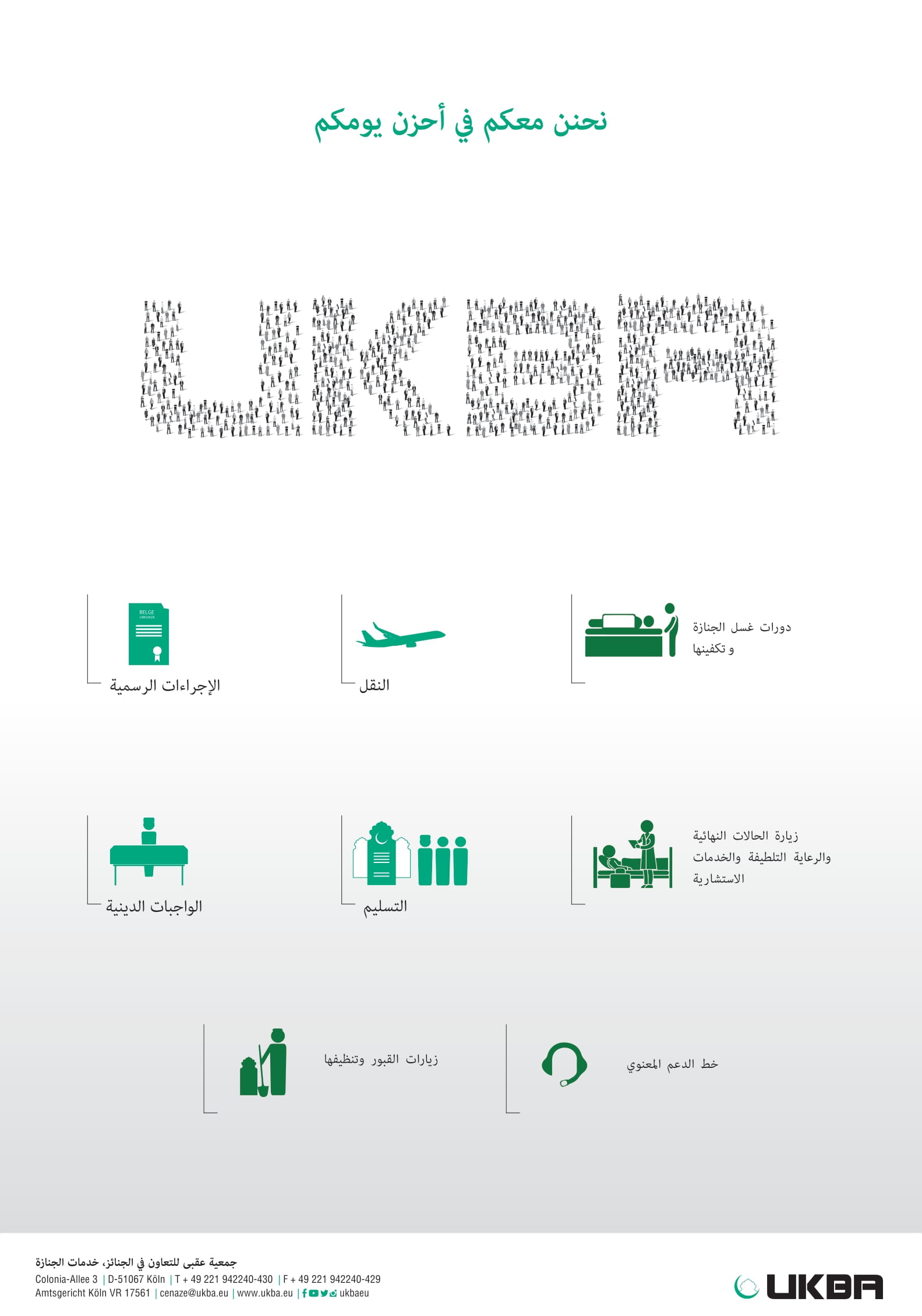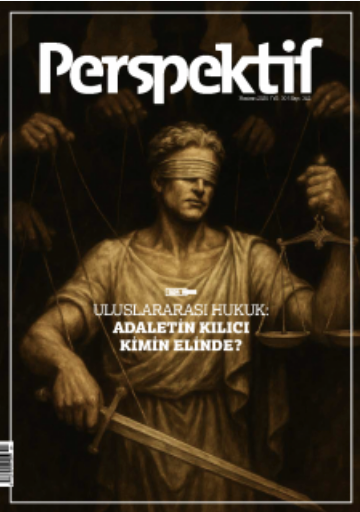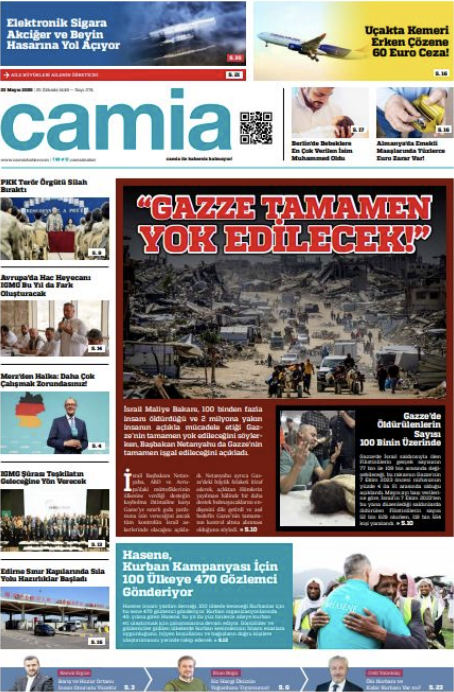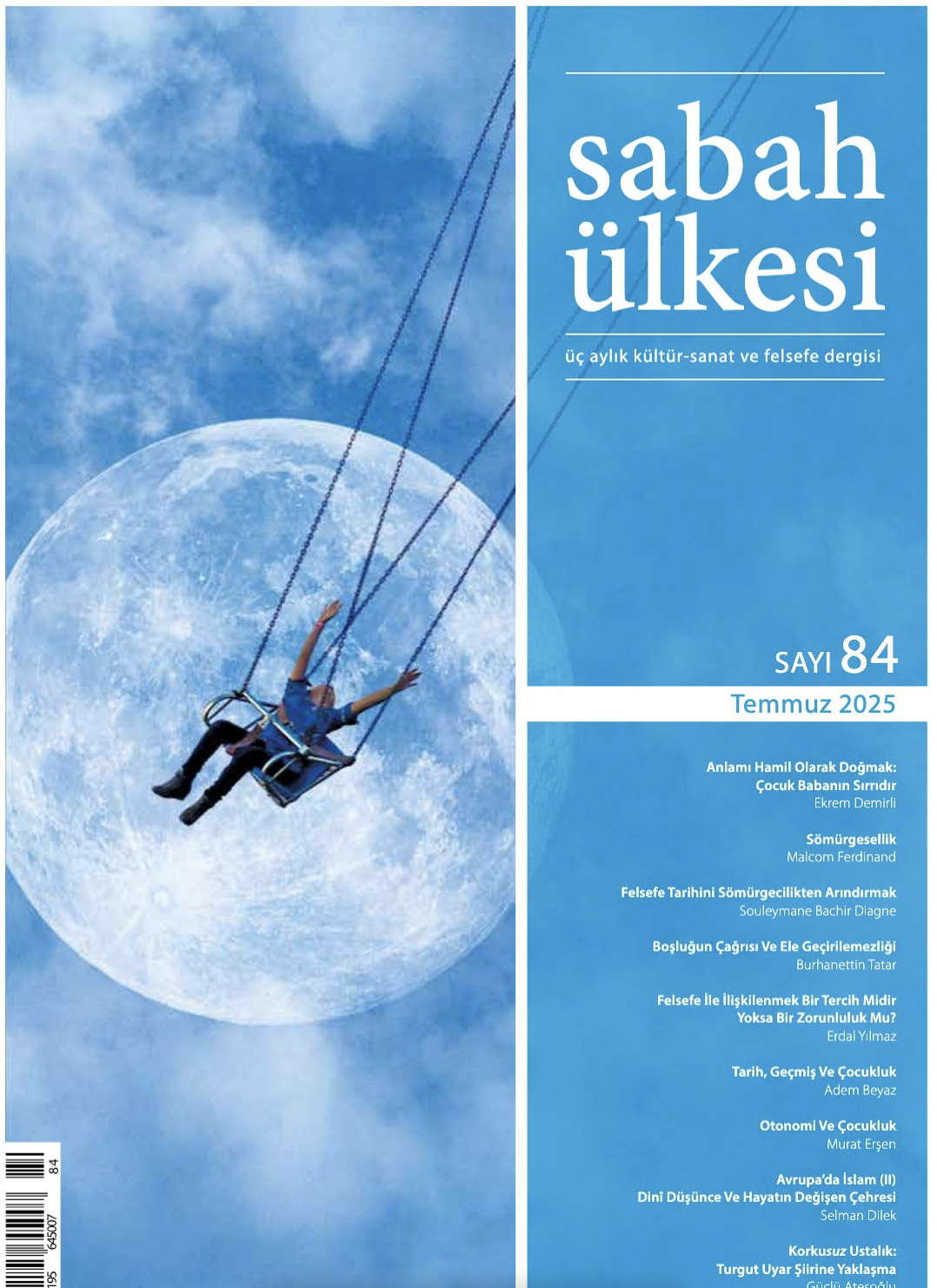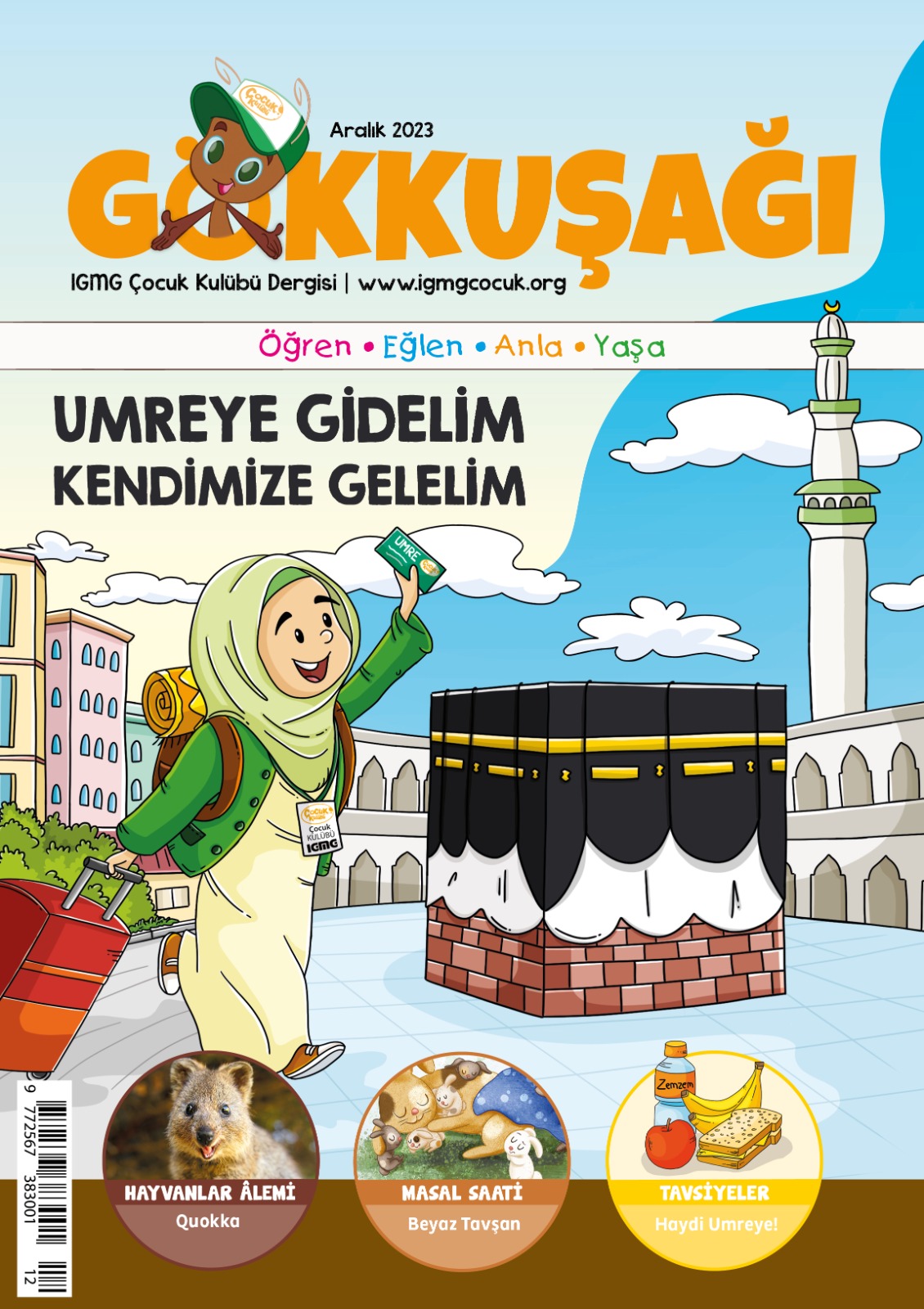Press Release
Majority of Muslims in Europe feel well-represented by religious communities
03. May 2021
Bekir Altaş, Secretary General of Islamic Community Millî Görüş (IGMG), released a statement on the occasion of a research conducted on behalf of German Islam Conference (DIK), titled “Muslim Life in Germany 2020” (Muslimisches Leben in Deutschland 2020). In his statement Altaş said that “Islamic communities that are under the umbrella of Coordination Council of Muslims in Germany (KRM) represent the concerns and interests of the Muslim population in Germany. The central finding of the research titled ‘Muslim Life in Germany 2020’ is this. Both the Federal government and the state governments should reconsider their existing policies that disregard the Muslims in Germany.”
According to the findings of the aforementioned research, the majority of Muslims living in Germany feel themselves represented by the Islamic communities joined together under the umbrella of Coordination Council of Muslims in Germany (KRM). More than 80 percent of the Muslims of Turkish descent, the most populous group of these people, think that the Islamic communities under the KRM represent themselves. The recognition rate, on the other hand, is much higher. While one out of four Muslims of Turkish descent think that IGMG represent him or her, the recognition rate of IGMG is over 33%.
The statement of Altaş reads as follows: “The finding of the research is pretty clear: The Islamic communities that are contained within the structure of KRM represent the concerns and interests of the majority of 5,6 million Muslims living in Germany. The research also reveals that in terms of mosque visits, both IGMG and other religious communities within the KRM have high recognition rate. Thus, the myth that KRM has low representative power has now become history.
On the other hand, the scope of the research does not allow us, unfortunately, to determine how frequently Muslims in Germany make use of mosques’ services apart from the religious practices. According to what the conductors of this research say, Islamic communities ‘have achieved’ connecting with younger generations. This is a result of dedicating spaces to both children and the youth, for uses that are not restricted to religious instruction or worship. These uses include leisure activities, education, counseling, sports etc.
The decision to not include KRM in meetings and processes concerning Muslims in Germany has always been explained by KRM’s lack of representative power. If Federal government and state governments wish their policies to gain more acceptance, they will have to pay more attention hereafter to who Muslims are represented by. A policy that disregard the Muslim population would cause discomfort and loss of trust.
The research also reveals some worrisome facts: More than one third of the Muslim women that do not wear headscarf point to the disadvantages and harassments they would face if they were to wear headscarf as one of the reasons for not wearing one. In this regard we share the opinion of the conductors of this research: ‘This situation must be thoroughly pondered on in the context of freedom of faith in Germany.’”
